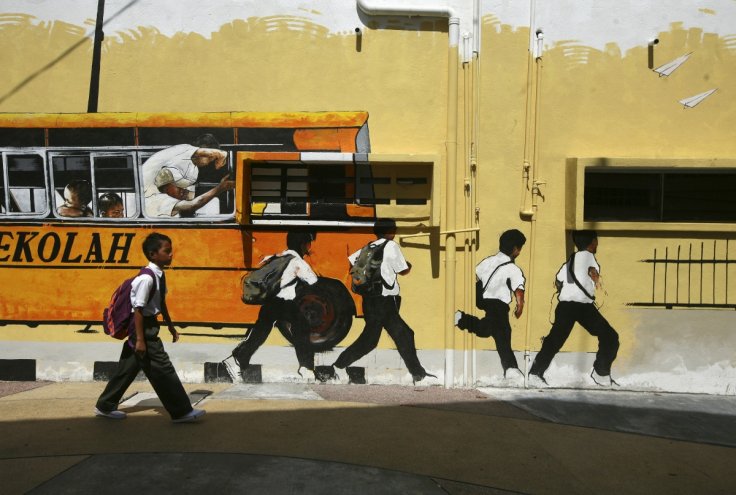
Do you, as a teacher, often tend to rebuke your male pupils for their playful attitude? Beware, continuous restrictions or discouragement of playfulness may push them towards having negative perceptions of themselves.
The study found that first, second, and third-grade teachers regarded playful boys more negatively as rebellious, disruptive, and intrusive.
They were also reported to have poor social skills, and labelled as "class clowns" by their teachers, whereas playful girls were not.
Moreover, the classmates also changed their view of these "class clowns" from positive to increasingly negative.
"Children regularly observe playful boys, or 'class clowns', being treated negatively by their teachers, and over time come to change their view of them as desirable playmates in 1st and 2nd grades to being seen as boys who should be avoided or spurned in third grade," said Lynn A. Barnett, Associate Professor at the University of Illinois, in US.
For the findings, published in the journal Frontiers in Psychology, the team followed 278 kindergarten-aged children over the following three school years to investigate children's, classmates' and teachers' views on playfulness.
At the end of each academic year, the children were rated by teachers, peers and themselves for perceptions of their level of playfulness, disruptive behaviour, social competence, social status and class clown status.
In contrast, the girls' playfulness levels were not a consideration in ratings by teachers or peers.
(IANS)









